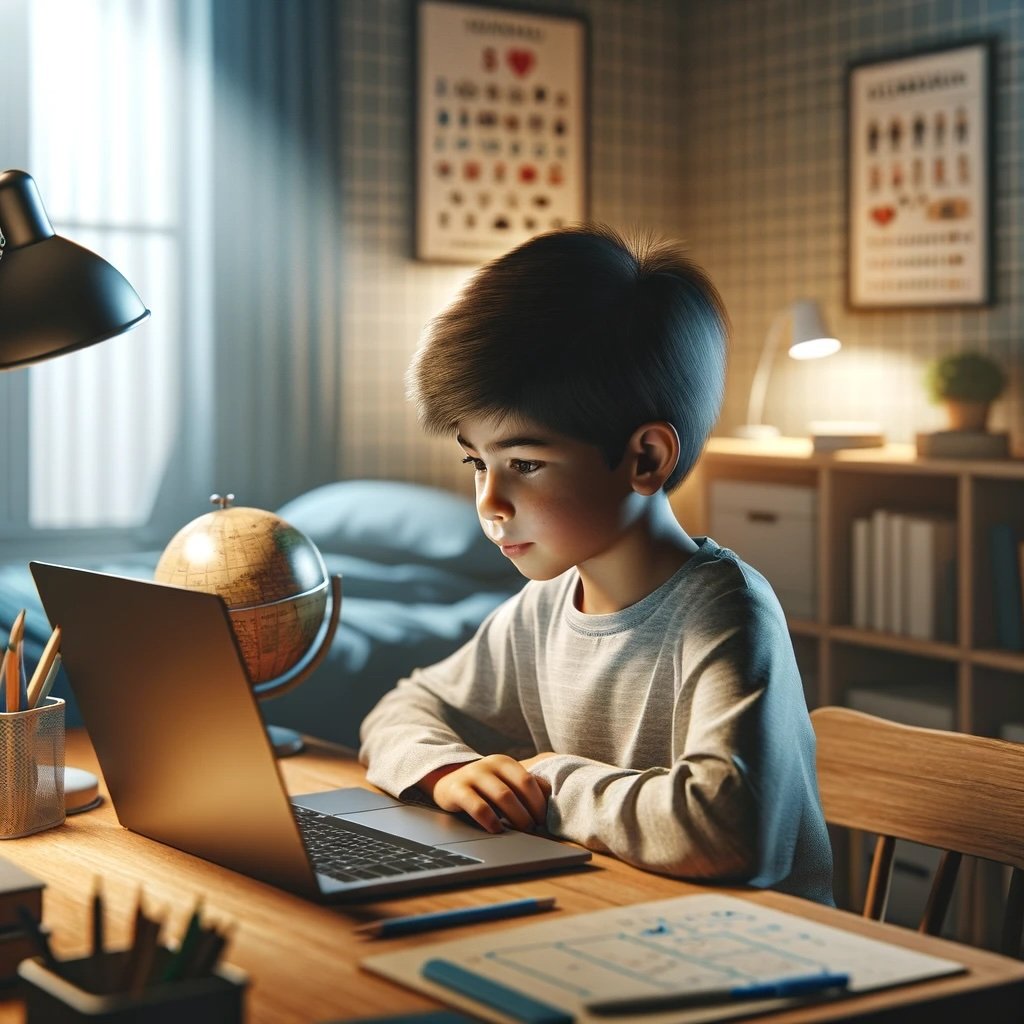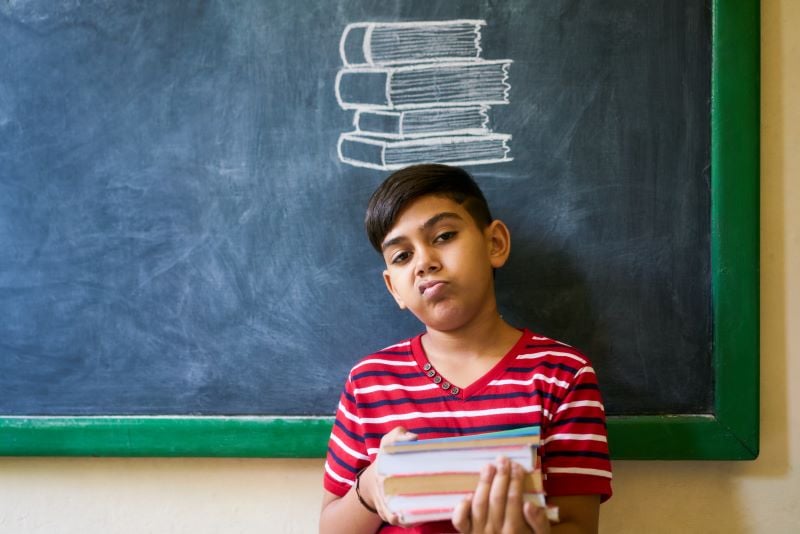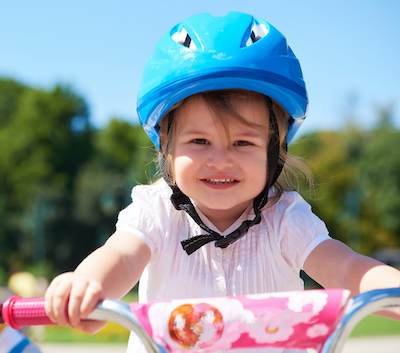 All parents naturally want to support and facilitate their child’s individual growth and development. However, this task can become challenging when you’re receiving conflicting or misleading information. Have you ever heard of a child being referred to as a certain type of learner? Are you unsure about your child’s unique learning style? If these questions perplex you, keep reading...
All parents naturally want to support and facilitate their child’s individual growth and development. However, this task can become challenging when you’re receiving conflicting or misleading information. Have you ever heard of a child being referred to as a certain type of learner? Are you unsure about your child’s unique learning style? If these questions perplex you, keep reading...
Different Types of Learners
A learning style is essentially a child’s preference for gathering, absorbing, interpreting, and retaining new information. Most often, these styles are classified based on their sensory foundations, according to the VARK model of student learning: visual, aural, verbal (reading/writing), and kinesthetic.
- Visual learners prefer taking in and organizing information using graphic images that represent words. These may come in the form of graphs, symbols, flow charts, and maps.
- Aural, or auditory, learners prefer information that has been spoken or heard. They may enjoy learning through participating in group discussions or listening to podcasts and lectures.
- Verbal (reading/writing) learners process information best when it's presented in the form of words. Text-based input and output trump all here.
- Kinesthetic learners absorb and use information with practice. This may include using real-life examples, conveying personal experiences, or simulating processes in a “hands-on” way.
Misconceptions about Learning Style
Learning styles can offer guidance in helping children learn better, but they can also place limitations on them. Keep in mind that, as with all things in life, it’s difficult and detrimental to place people in boxes. Learning styles can be multimodal, meaning a child can have more than one preference. Simply because a child has a preference for visual learning doesn’t mean they’d be inept at kinesthetic activities, and vice versa.
Also, according to the Vanderbilt Center for Teaching, “there is no evidence to support the idea that matching activities to one’s learning styles improves learning.” Even though students may have a certain preference, they very likely may respond to different instructional styles. For example, some research suggests that the ideal method of instruction often varies based on the discipline (i.e. reading/writing for history versus kinesthetic for art).
What Parents Can Do
Although instructional styles may not make a difference in terms of a child’s learning style, the information can still be useful. Parents can help their children identify their unique learning style to influence out-of-the-classroom learning, such as homework and projects. In such cases when a child is processing information on their own, they may benefit from tailoring their methods to their learning styles. For example, if a child is an aural learner, it may help to let them listen to the textbook in audio format.
Some children may comprehend and retain information more effectively using their learning styles, but it’s also important to encourage and challenge them to use a variety of methods for learning. Think about it: you may have a preference for vanilla ice cream, but that doesn’t mean you’ll turn down strawberry. Preferences are merely preferences, not limitations or handicaps.
Sourced Through:
https://www.scientificamerican.com/article/the-problem-with-learning-styles/
https://cft.vanderbilt.edu/guides-sub-pages/learning-styles-preferences/
http://vark-learn.com/introduction-to-vark/the-vark-modalities/





